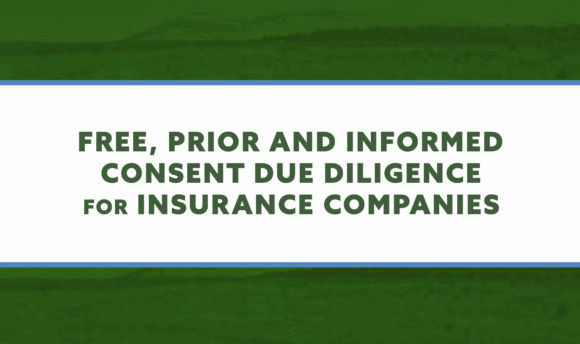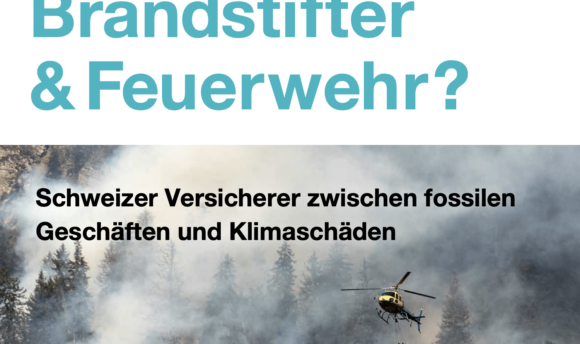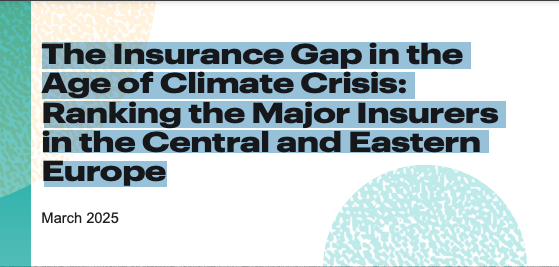Leading European investors have invested at least $130 billion in fossil fuels and continue to insure and enable coal projects. This is the main finding of a new report published by the research firm Profundo.
As corporate citizens, insurance groups need to play a vital role in meeting the aims of The Paris Agreement: keeping the global temperature rise this century well below 2 degrees Celsius above pre-industrial levels and pursuing efforts to limit the temperature increase to 1.5 degrees Celsius. In their investment decisions and insurance underwriting activities, insurance groups should contribute to rather than undermine the energy transition from an economy based on fossil fuels towards an economy using renewable energy sources.
Besides their role as corporate citizens, insurers also have self-interests in addressing climate change. First, there is the risk of an increase in insurance claims due to damage costs of extreme weather. Second, as investors (of insurance premiums and asset management for third parties) insurance groups face reputation risks and the risk of investments in ‘stranded assets’, if they continue investments in fossil fuels instead of allocating investments in an energy transition towards the use of renewable energy. And third, insurance groups face claims on third-party liability insurance in case their clients have failed to mitigate risks to the climate, failed to account for the damage they cause to the environment or failed to comply with regulations.
Climate change thus is a direct risk to the insurance business because of the unprecedented and unpredictable risks involved. These risks will affect insurance groups’ liabilities – the claims they need to pay out – and the total value of their investments.
The objective of this research was to map the involvement of the top-12 European insurance groups and top-6 European reinsurance groups in the fossil fuels sector. This has been done by analysing the investments, underwriting activities and policies of each of the selected insurance groups.



